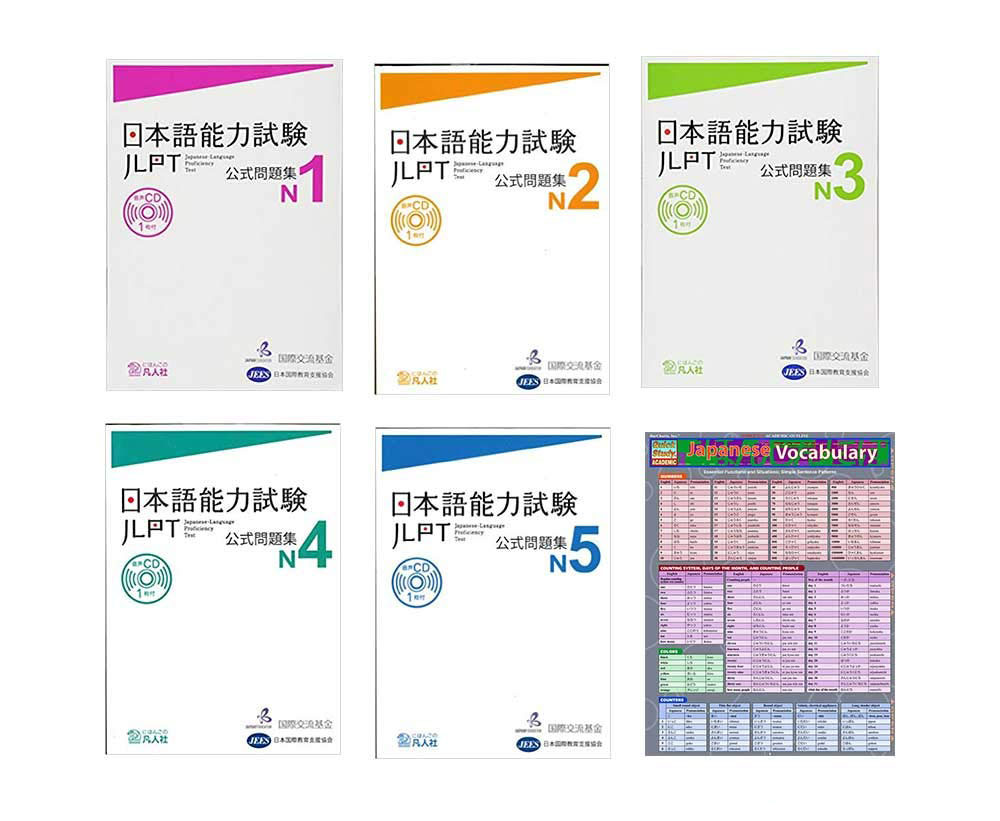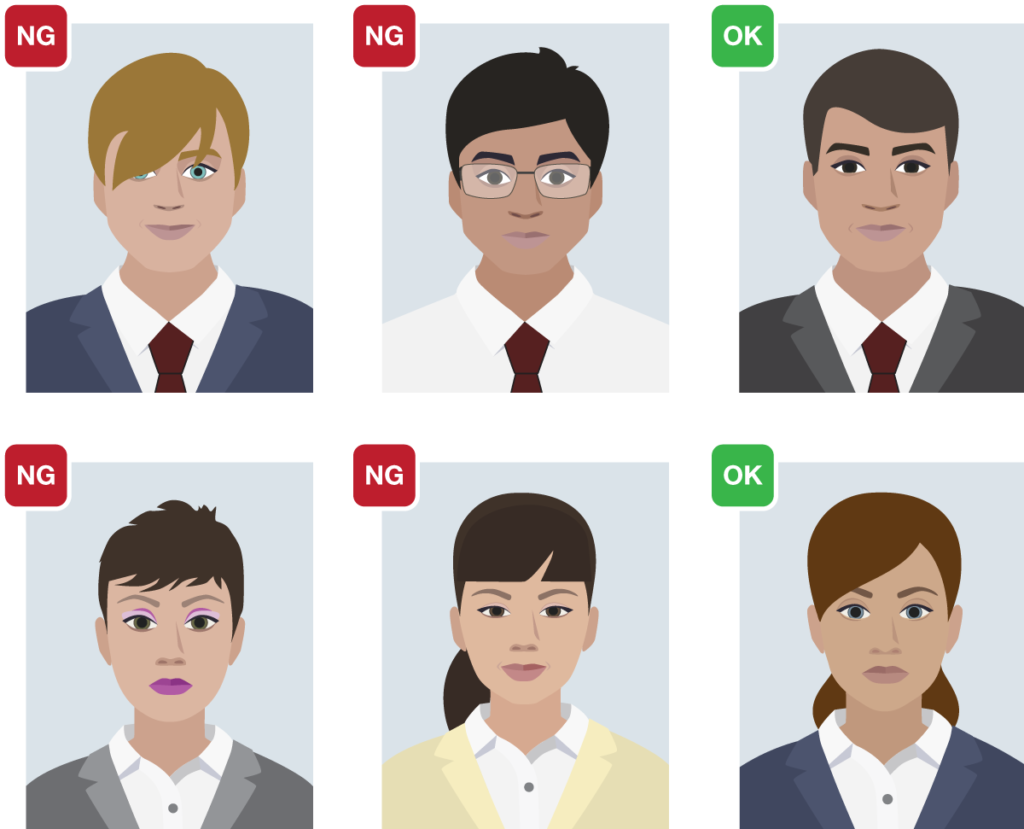
Finding a job in any country can be difficult. Even in your native country without any language or cultural barrier, there are quite a few hurdles to overcome. Competition, skill requirements, that mountain of paperwork, and the dreaded interview. But maybe you’ve set your sights overseas: you want a job in Japan.
Where do you even begin? In this article, we’ll cover a basic, step-by-step guide on how to get a job in Japan.
Prerequisite 1: Learn Japanese
Unless you plan on settling into the language-teaching industry, learning Japanese is a must if you want a job in Japan. Tokyo Podcast host Anthony Joh discusses this in detail during one of his episodes. Most Japanese companies seek the equivalent of a Japanese Language Proficiency Test N2 level. This entails an estimated 1,500 hours of study and at least 1,000 kanji characters committed to memory. The vocabulary base for this level of Japanese stands at around 6,000 words. This might seem daunting, but the benefits outweigh the grueling hours of study.

One of the few exceptions to the language proficiency rule would be for those trying to become an English teacher in Japan. Most seeking to hire in the education industry focus more on teaching certifications than language ability. If you’re aiming to teach English, you only need a 4-year degree—although every certification you have helps.
There are undeniable benefits to learning Japanese before seeking a job in Japan. You’ll have an improved quality of life in the country and be able to connect with your coworkers. The Japanese workplace relies heavily on teamwork; while this has its pros and cons, it’s still going to be difficult to participate if you can’t speak Japanese.
Prerequisite 2: Go to Japan
Because they want to save the expense of bringing you to Japan and settling you in, most companies will only consider you if you live in Japan already. That doesn’t mean finding a job while you’re in your home country is impossible. In fact, we encourage you to check out Jobs in Japan for companies who are hiring overseas. Other options would be to teach English in Japan, study in Japan while working part time, or, if you’re lucky, interning in Japan. Any of these options will grant you a visa to cover the time needed for a job hunt.
So once you’re in Japan, how do you get a job? For the rest of this article, we’ll be covering process step-by-step.
Step 1: Create Your Japanese Resume
I’ve created this as a step of its own because a Japanese resume might be quite different from the resume you’ve built for a job hunt in your own country. While it’s especially important to adjust your resume for each company, there are a few crucial elements that will remain the same. There are many resources out there that take a step-by-step approach to creating a Japanese resume; in this article, we’ll just focus on what’s different.
Your Photo
Especially in western culture, the need for a headshot on a resume has fallen out of favor. In fact, there are concerns that, among other issues, it increases the risk of discrimination during the selection process.

Unfortunately, most Japanese companies won’t even give your resume a second glance if it doesn’t have a photo. This is just the way here. Ultimately, the choice is yours; you can check out Jobs in Japan’s article on the pros and cons of adding your headshot. From personal experience, I recommend adding the photo and ensuring it’s the best photo you can offer.
Educational Background—From Junior High and Up
Another element of the Japanese resume that might surprise foreign applicants is the need for such a thorough educational background. In countries like the US, a resume only requires information about the applicant’s high school and university years. In Japan, you’re going to need to go back a bit further. The reason for this is that Japan’s compulsory education ends at junior high school. While rare, it’s still quite possible that an applicant won’t have a high school or college history to fill out. So, while it may be a pain to dig that deeply into your past and convert your schools’ names to katakana, it’s unfortunately a necessity if you want to build a successful Japanese resume and get a job in Japan.
Kibou Douki: Your Reason for Applying
This might be something you’d write on a resume in your home country as a bit of icing on the cake. What kind of career do you wish to pursue? How does this company further your goals? How do your goals support the company’s goals? It might be more along the lines of something to include on a cover letter, but in Japan, this information is essential to getting an interview.
希望動機 (kibou douki) is the final section of a typical Japanese resume template. It’s your chance to stand out, so you need to make it count. If you’re uncertain about your Japanese, sit down with a tutor or with a friend and have them coach you through it. If you just moved and don’t know anybody yet, at least consider writing your reasons in English. The worst thing you can do is leave that last section blank; it shows the company you’re applying to that you couldn’t care less.
Step 2: Create Your Japanese CV
Depending on your desired career path, many Japanese companies might request a 職務経歴書 (shokomukei rirekisho), or curriculum vitae. This is a more detailed look at your education, volunteer, and employment history. Be ready to explain your duties and roles in each previous job or volunteer role that you fulfilled, as well as information about the place of your employment. Details such as the number of employees and the year the company was founded are often required, so prepare to do a bit of research. You can find out more on how to write a Japanese CV here.
Step 3: Network, Network, Network
As you start filling out your resume and job applications (more on that later), there’s another important thing to do: you have to start networking.
Use Job Boards
Scour the online job boards liked Jobs in Japan! Don’t just read the postings, either; create a profile and keep it up to date. In fact, it’s better to do this step while you’re still in your home country. The internet is a powerful tool for getting a job in Japan, and it’s best to use this tool as early as possible. Some websites even offer referrals to companies who hire while you’re still overseas. Still, as Job in Japan’s own Peter Lackner once told Tofugu, there is a myriad of opportunity that never makes it to the job board. You have to go out and mingle.
Network in Person
In the present moment of 2020 and everything that comes with it, the words in person might seem daunting. How can you network in person during a pandemic? Well, Japan’s post-work drinking culture is stronger than a virus and has adapted for the most part. Zoom parties and virtual meetups are a big part of Japan’s new normal. Sites like MeetUp are quite popular, depending on where in Japan you live. Try to make connections with people who are already in the career you want to pursue or who have ties to the company you want to enter. “Meet” them for a drink, or just strike up a conversation online. The best job leads don’t necessarily come from job ads, but from people like you and me.

Use a Recruitment Agency
While the line that separates job boards and recruitment agencies gets a bit blurred at times, recruitment agencies in Japan have a more personal touch than job boards, online or otherwise. If you decide to work with a recruitment agency, you’ll be able to work with an agent to understand your strengths, as well as which companies might be the best fit for you. Your agent will send you weekly lists of job ads that they believe fit your profile. It’s still up to you to apply for these jobs, but many agents are happy to provide coaching for your interview processes and other issues you might feel concerned about. There are also a few job opportunities that you can find through an agency but can’t find through a job board.
Step 4: Interview for a Job in Japan
Once you’ve submitted your resume, we’ll assume that you’re going to get a call to interview. The elation turns just as quickly to sweaty-palmed nerves. Maybe you’ve heard about the rigorous interview process in Japan, or maybe you’ve just got the classic pre-interview jitters. Never fear; while we won’t go in-depth into how you can ace a Japanese interview, here are some tips that will get you started.
Practice Beforehand
More likely than not, you’ll be giving your interview in Japanese. Even if you’re a JLPT N1 and feel confident, it’s important to research some commonly-asked questions and practice how you would respond to them. If you can, practice with a native friend! Better yet, practice with Jobs in Japan’s First Round Video Interview!
Study up on Japanese Interview Etiquette
Manners are king in Japan, and this is especially true in the interview. A Japanese interview has its own set of rules when it comes to bowing, who speaks first, and even the way you sit in your chair! If you can nail these good habits ahead of time, you’ll be one step closer to that shining first impression.
Act Like the Second Interview is the First
You will typically be asked for a second interview if the first goes well. A common mistake made by many applicants is assuming the worst is over and slacking off a bit. Do not do this! Once you’ve thanked your prospective employer for the chance to interview (hint: do this even before you make a second interview), get back to practicing, preparing, and investing your time in making this second impression even better than the first.
Step 5: Adjust to Your Job in Japan
Congratulations! You’ve officially been hired by the company of your dreams! Feel free to celebrate, but there’s still a lot to be done. Since this is Japan, there will be a lot of paperwork needed to square away your health insurance, your visa, and any other employee benefits your company covers. You will need to create a Japanese bank account if you haven’t already.
Sound stressful? Never fear! Your new place of employment will be ready to ease your stress with a rousing series of welcome parties. Some people love them, others hate them, but the Japanese 飲み会 (nomikai), or drinking party, is an inescapable part of the work culture. If anything, it’s a good way to get to know your coworkers. Sit back, grab your beer (or green tea, if you prefer not to drink) and enjoy the ride.
Conclusion
お疲れ様です! (Otsukare sama desu!) Good work! The process of getting a job in Japan can be harrowing and lengthy. There’s a lot more paperwork involved than you might have expected. You’re bound to face some culture shock moments in your new job, so be sure to find a support group you can reach out to if needed. Just remember: you’ve made it this far and managed to get a job in Japan. At this point, there’s nothing that you can’t do with a bit of research, a lot of study, and the good old-fashioned try.
Thanks for reading our article on how to get a job in Japan! What’s the employment process like in your country? We’d love to hear from you about it in the comments!
Written by Erin Himeno.
Editor’s comments: We would like to add that if you haven’t found a job you like on Jobs in Japan, take a look at the jobs on Jooble. They often have jobs in categories not commonly found on JobsinJapan.com














